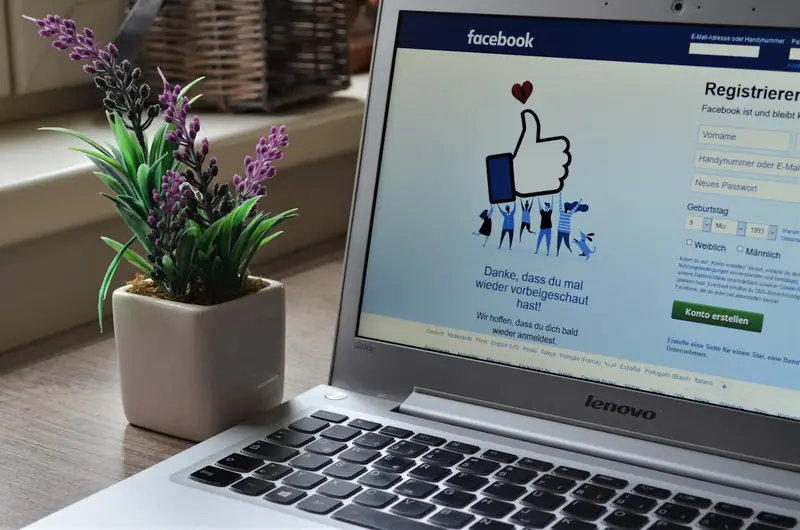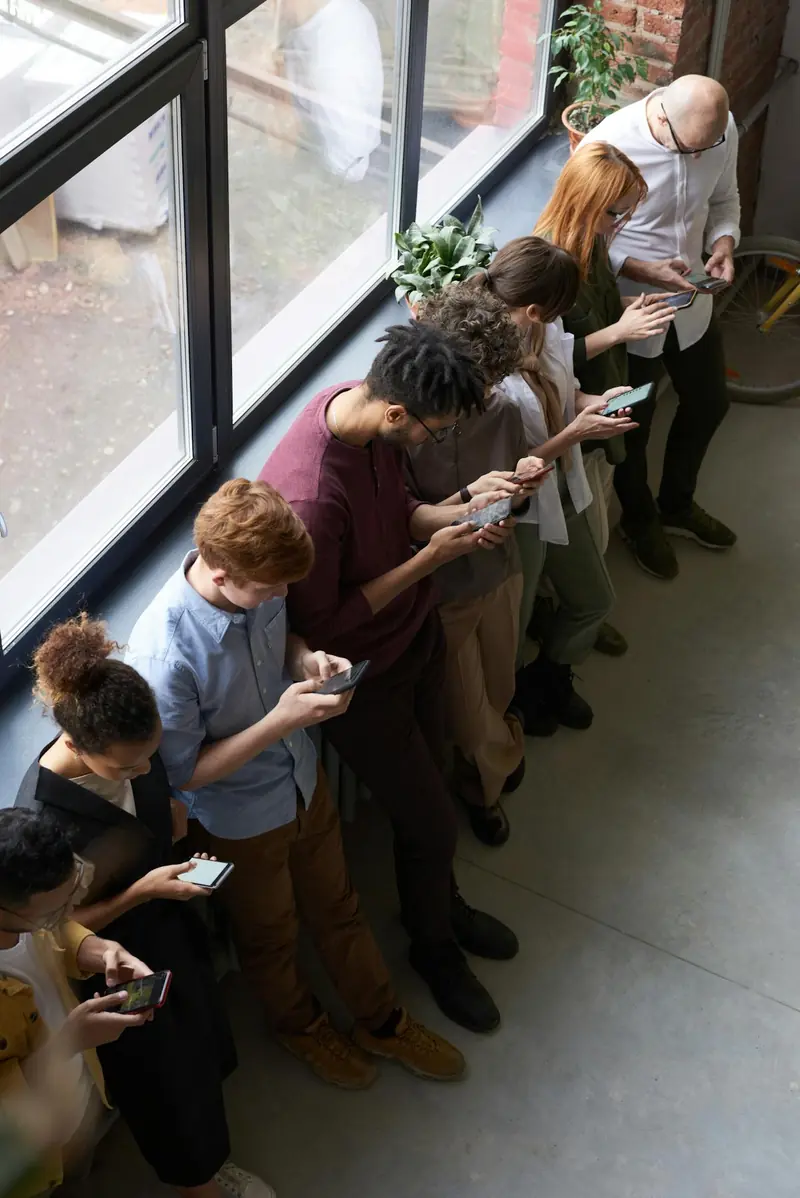
It turns out that members of Generation Z, or Zoomers, are more likely than those from other generations to create additional accounts where they lead a fabricated life.
This finding comes from researchers at the tech company Lenovo. According to their study, nearly half of Generation Z engages in a double life online.
Generation Z includes individuals born between 1997 and 2012.
What Experts Discovered
The research team surveyed 2,000 Americans of various ages. They found that 46 percent of young Zoomers feel a significant difference between their online persona and their real-life self.
Meanwhile, one in five participants, regardless of age, admitted to having a secret online account that no one knows about. Interestingly, this was most common among Zoomers.

At the beginning of the study, all volunteers were divided into groups based on their generational affiliation.
The survey revealed that 38 percent of Millennials, born between 1981 and 1996, 18 percent of Generation X, born between 1965 and 1980, and 8 percent of Baby Boomers, born between 1955 and 1964, acknowledged that their online identity is very different from who they are in real life. Meanwhile, nearly a third of Generation Z reported that they hide their online world from their families. The same was true for more than a quarter of Millennials.
More than half of Generation Z and less than a quarter of Baby Boomers stated that they find it easier to express themselves online than offline. This sentiment was echoed by 40 percent of all survey participants, as reported by the Daily Mail.
The survey showed that 68 percent of Generation Z respondents feel a disconnect between who they are online and offline. Those who experienced this dissonance reported that such a split in identity leads to feelings of anxiety (18 percent), loneliness (17 percent), and depression (15 percent).
When Zoomers were asked which topics they felt more comfortable discussing online rather than in person, about 20 percent said they were more likely to share their thoughts in the digital space. Specifically, 22 percent talked about their likes and dislikes online, 19 percent shared their beliefs (political and otherwise), 17 percent discussed their fears and insecurities, and 15 percent talked about their values.
The research also indicated that the majority of Generation Z (61 percent) would prefer to have difficult conversations with friends and family in person.
Among those young people who feel more comfortable online, 27 percent expressed confidence that they would not face judgment in the digital realm. Meanwhile, 22 percent are unafraid to be genuine online, and 23 percent have formed strong relationships specifically in the digital space.
At the same time, 54 percent of Generation Z indicated that they believe talking to a professional psychologist would boost their self-confidence and enable them to communicate more openly with their loved ones in real life.

Conclusions
The authors of the study urged people to engage more frequently with friends and family in real life “to understand each other’s worlds.”
Gerald Youngblood, Lenovo’s marketing director for North America and the lead author of the study, noted, “One in five young people worldwide suffers from a mental health issue.” This also reflects a global crisis in communication among people.
The researcher hopes that this social experiment will encourage more face-to-face conversations among friends and loved ones, helping them to understand each other better, which is crucial for mental well-being.
